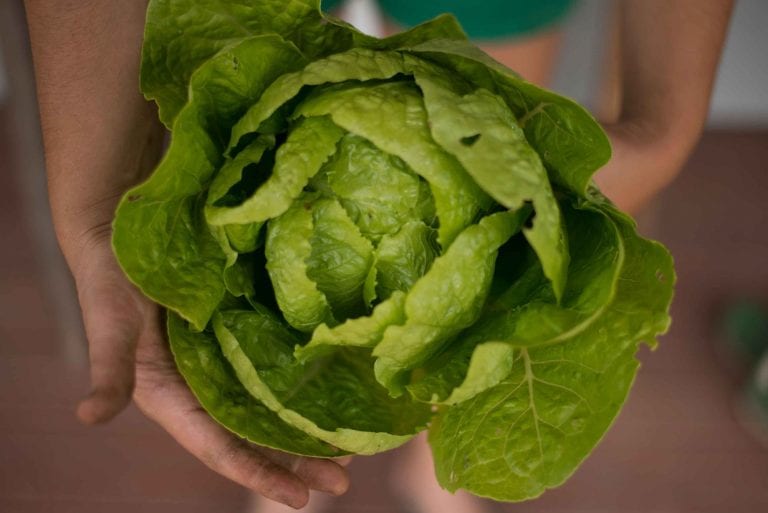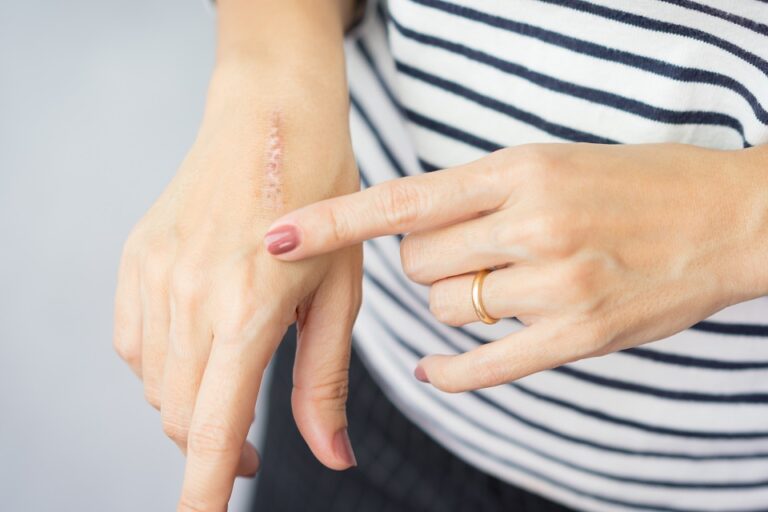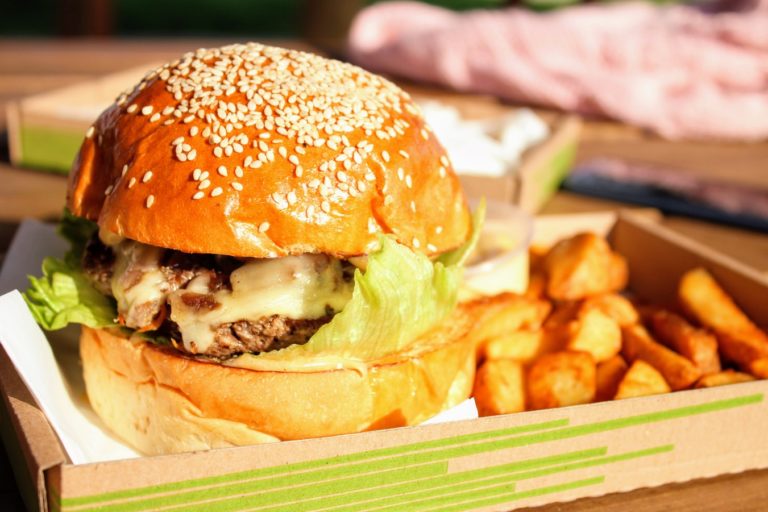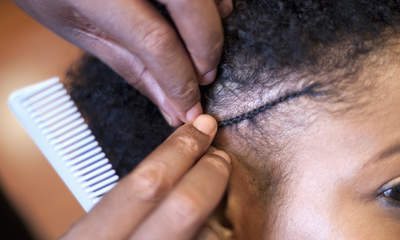
One of the key contributing factors involved in the spread of the coronavirus (Covid-19), and many other disease outbreaks, is the fact that humans have a habit of continually touching their faces. Our species is one of the few in the animal kingdom known to touch their faces regularly, and a lot of times we don’t even realise we are doing it.
Studies have shown that we tend to repeatedly touch our chins and the areas around the mouth, nose and eyes. In this current climate of the fear of spreading Covid-19 across the globe, this habit is a recipe for disaster and a large contributor to the spread of many infectious diseases.
A study conducted in 2015 by Mary-Louse McLaws, an infection control expert at the University of North South Wales, Sydney, looked at a group of medical students to observe and analyse their behaviour.
As students in the field of medicine, McLaws thought they would be more aware of the risks associated with repeatedly touching ones face. However, the results were far from encouraging. McLaw and her colleagues discovered that the medical students were, on average, touching their faces 23 times an hour.
This behaviour, deliberate or not, can open us up to a number of diseases as we are unknowingly transferring the bacteria and viruses in our surrounding environment directly on to our bodies and the bodies of others.

























